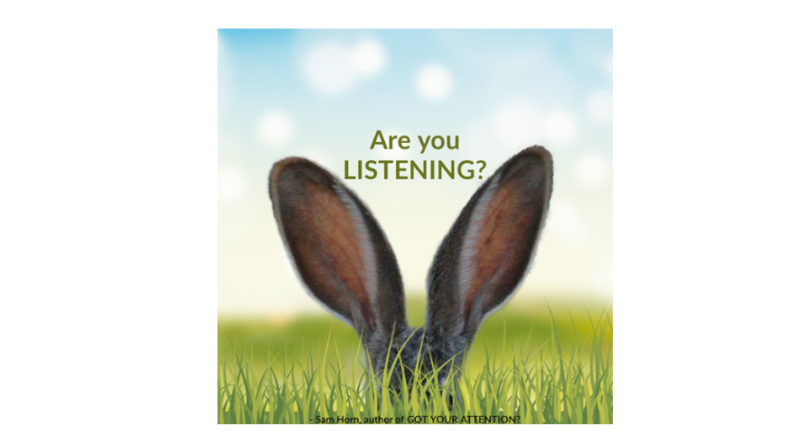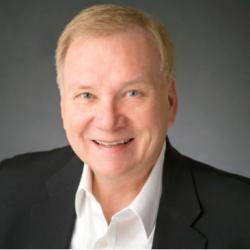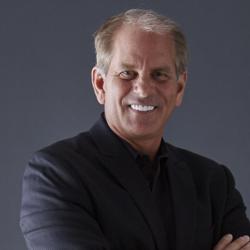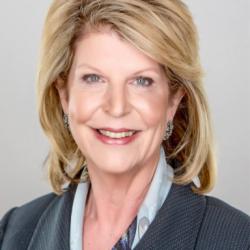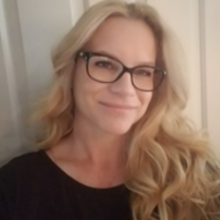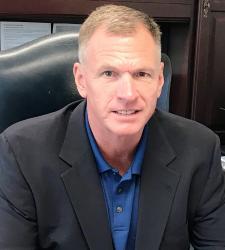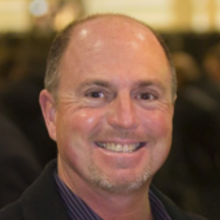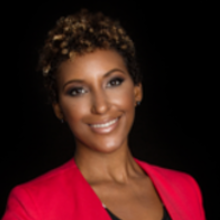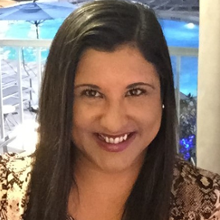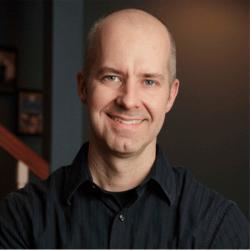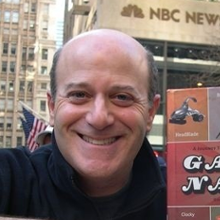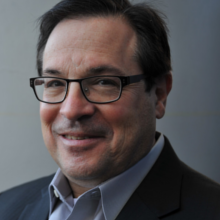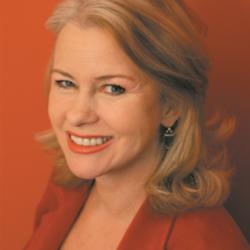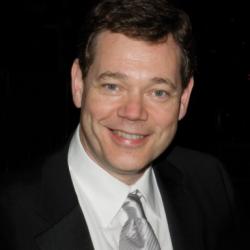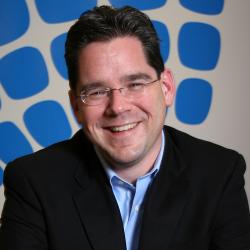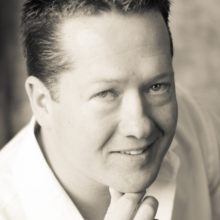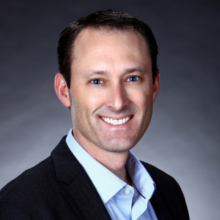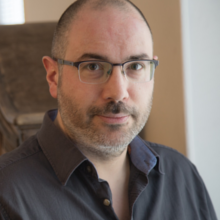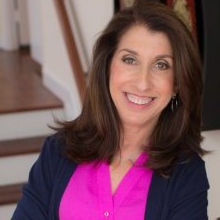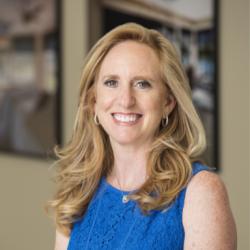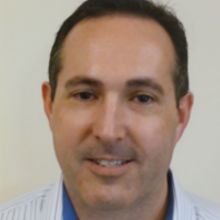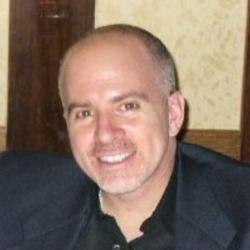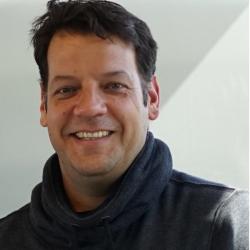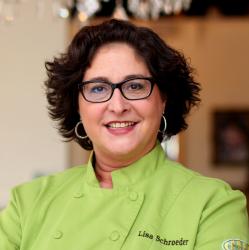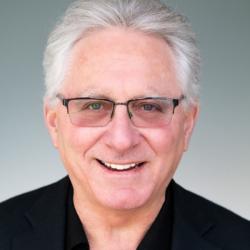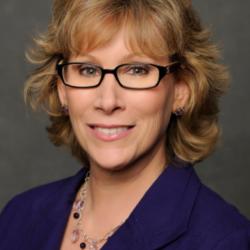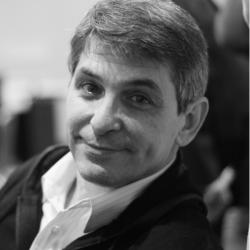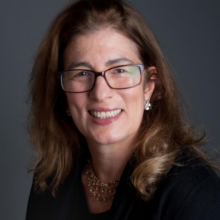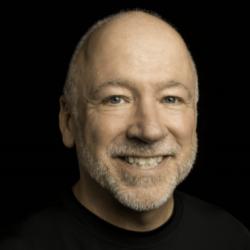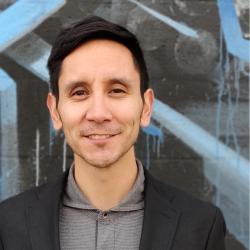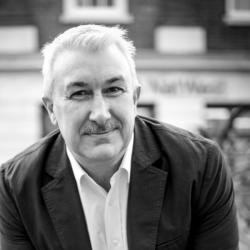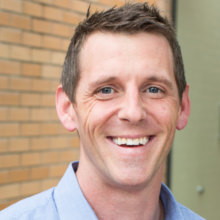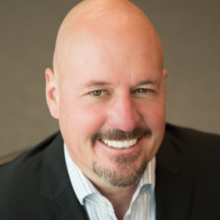Question. Who is someone who really listens to you? How does that person make you feel? How do you feel about them?
Most of us know hundreds of people, yet we can often only think of only one or two people who really listen to us. It’s that rare.
Listening is an art and a skill.
And in our rush-rush world, listening is an act of discipline.
As Fran Lebowtiz says, “For most people the opposite of talking isn’t listening, it’s waiting.”
Here’s an example of what can happen when we stop waiting for our turn to talk, and take the time to really listen to what they other person has to say.
My son Andrew started a non-profit in Washington DC called Dreams for Kids. He was able to schedule a 15 minute meeting with the very busy Director of Howard University, Roberta McLeod. His goal was to ask for permission to use their three story Campus Center (complete with ping pong and a bowling alley) for their annual Holiday Party.
Three minutes into the meeting, Andrew realized Dr. McLeod was being polite; but she was waiting for him to stop talking so she could tell him why this wasn’t going to happen.
He put himself in her shoes and imagined she was thinking, “You want the Center for free?! Do you know how many non-profits would love to have this Center for free? Do you have any idea how much that costs us?”
He realized if he didn’t do something differently (namely, stop pitching and start paying attention), he was going to get turned down.
He paused and looked around her office. Her walls were covered with pictures of her students who had gone on to become successful business leaders, politicians, educators and entrepreneurs. He realized that was what she cared about. Giving kids a chance.
He switched the focus to her and asked, “How did you get into this line of work?”
She talked about her challenging upbringing and how getting an education had helped her overcome those obstacles and become the person she wanted to be. She spoke of how satisfying it was helping young people get the support and opportunities they deserved.
Andrew put his agenda aside and genuinely listened to the pride she took in these young people’s achievements. When she finished, he said simply, “That’s what we want too.”
She gave him a long look, burst out laughing, got out her calendar and said, “Okay, Andrew, what was that date again?”
Please note, Andrew did not listen as a manipulative tactic. He simply realized he was one of thousands who wanted something from Dr. McLeod. His request was going in one ear and the other because she had heard it so many times before. When he stopped talking and asked questions about what was important to her; that was when they connected.
Want to know the rest of that story?
Howard University has co-hosted Dreams For Kids Holiday for Hope programs for the past ten years Thousands of people have filled the Campus Center, eating, dancing, singing, playing, celebrating and being celebrated. And who’s been there, witnessing the happy kids and smiling at what they created together? Andrew, Roberta McLeod, ( and the new director of Dreams for Kids-DC, Glenda Fu Smith.)
To me, that example symbolizes how putting aside our priorities and truly caring about other people’s priorities is the key to creating mutually-rewarding connections.
The bottom-line? If we want people to give us their attention, we must first give them ours. The quality of our relationships is directly proportionate to our willingness to listen.
When we truly listen, we create a “rising tide raising all involved” ripple effect of cooperation that positively impacts all involved. Your thoughts? How do you hold yourself accountable for listening in world where many people are just waiting for their turn to talk?

